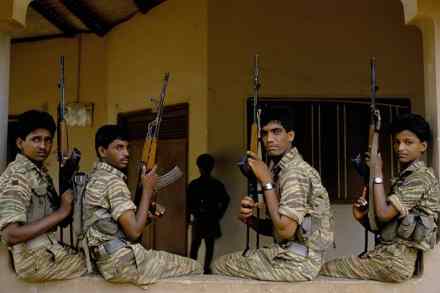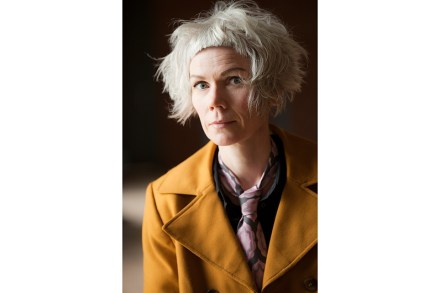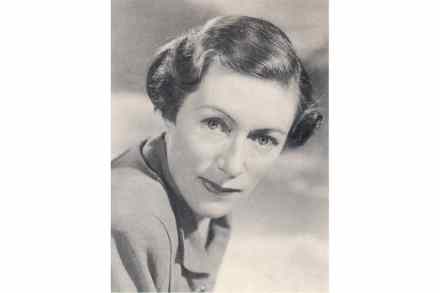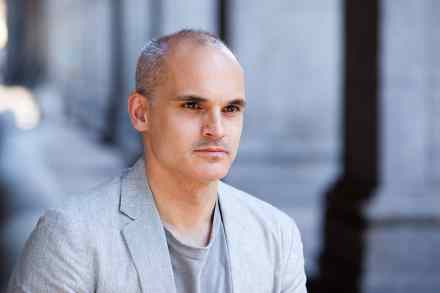The great deception: The Book of Goose, by Yiyun Li, reviewed
As introductions go, ‘My name is Agnès, but that is not important’ does not have quite the same confidence as ‘Call me Ishmael’. But there’s a reason for this. Agnès Moreau, the narrator of Yiyun Li’s disconcerting, mesmerising fifth novel The Book of Goose, only became a storyteller by accident. Writing from Pennsylvania, where the ‘French bride’ Agnès raises geese, she remembers post-war rural France and her childhood in Saint Rémy. She and her friend Fabienne, avoiding other girls their age, spent their days lying among gravestones and minding cows – until Fabienne decides that they should write a book together. Fabienne’s stories are dark – dead babies, dead children,




















